There are many advantages to attending a prestigious boarding school – personal development, advanced curriculums, stellar teachers, competitive arts and athletic programs – but perhaps the most important benefit of all is that the top boarding schools function as “feeder schools” for the nation’s best colleges. Technically speaking, you don’t need to attend a boarding school to get into a top college. Every year, most public schools across the nation produce a very small number of students who get accepted into a Top 30 university. But the number is typically very small, so you absolutely have to be the “best of the best” in your graduating class, plus get a little lucky. And sometimes even then, you’re passed over for an athletic recruit, or a legacy student, or someone who just happens to “check all the right boxes” that year. In a lot of ways, it’s like winning the lottery. And that’s not a sound strategy for winning the high-stakes college admissions game.
But when you graduate from a top boarding school, the deck is heavily stacked in your favor. Instead of hoping that you “defy the odds” and get into a great school, it’s almost “expected” that many – if not most – students from your graduating class will attend a prominent university. It’s important to know that simply graduating from a boarding school doesn’t guarantee you a spot at an Ivy League-caliber school. The admissions process is exceptionally difficult for everyone. But if you graduate anywhere near, say, the top one-half to one-third of your senior class, you have an excellent chance of getting into a top-tier college.
Consider the case of Phillips Andover Academy, a Top 10-ranked boarding school located in Andover, Massachusetts. The graduating class of 2022 had 300 seniors, and here’s how many students matriculated at Top 30 universities: Harvard (12), Princeton (9), Stanford (5), Cornell (12), Dartmouth (3), Columbia (6), MIT (8), UChicago (14), Yale (14), Brown (7), UPenn (5), Duke (2), Berkeley (2), UCLA (3), Northwestern (3), Amherst (3), Williams (3), Georgetown (6), Swarthmore (1), Notre Dame (1), UMichigan (7), Carnegie Mellon (5), UVA (7), USC (4).
That’s 142 students (out of 300), and that means that essentially half of all graduating seniors got into an elite Top 30 school, which is pretty incredible given that most of them have acceptance rates below 5%. And while the other half of students may not have gotten into one of the most elite universities, the vast majority of them went to excellent “Tier-2” schools with admissions rates between 5-15%, such as NYU (7), Tufts (10), UNC (3), and Wesleyan (4). The lesson here is that a top boarding school moves you to the front of the line in the highly-competitive college admissions process. You still have to do the work. And you still have to prove that you’re a strong candidate for admissions. But these schools do everything in their power to set up for college success.
Though most of the top schools are similar in many regards, there are some key differences to consider. The first is the size of the school. There are smaller boarding schools with 300-500 students, and there are some much larger schools with 800-1200 students. Almost all of them have small class sizes of around 12 students, and excellent student-faculty ratios of anywhere from 4:1 to 7:1. Typically, the smaller the school, the better the student-faculty ratio, which means more one-on-one attention for your student. But it’s important to remember that all of these schools feature excellent one-on-one attention between teachers and students, so there may not be much difference between them. A larger school typically offers more academic programs, features more student amenities, and has more athletic teams and art programs to choose from. So it’s really a question of where you’ll feel the most comfortable. Do you want a small, intimate, nurturing environment that feels like a close family? Or do you prefer something a little bigger which provides more variety and options? It’s a personal choice.
Some of the other major differences include whether you want to go to a school with a religious affiliation, or if you prefer something secular. Most schools that have a religious affiliation welcome students of all faiths, but many require things like “morning chapel” which is meant as a period of daily reflection. Some boarding schools have a formal dress code, which require boys to wear a jacket and tie to classes and meals, and girls to wear appropriate clothing as well. And some schools require Saturday classes, or occasional Saturday classes, which may or may not be to your liking. In general, the top boarding schools are all located in the suburbs of the Northeast, which gives them a nice, safe, spacious campus that is reminiscent of a small college.
It may also be helpful to know that most boarding schools feature a mix of boarding students and “day students” who commute daily from surrounding towns. Typically, the vast majority of students who attend the school are boarding students, anywhere from 70-90%. Also, most of the top boarding schools have a sizable percentage of international students – roughly 10% – which provides these schools with a considerable level of geographic and ethnic diversity like a good college. In general, elite boarding schools tend to be far more diverse than your average American high school, since they draw on students from all across America, and all over the world, instead of just the surrounding communities. It’s not uncommon to have student bodies with 50% students of color. Typically these schools are equally divided between male and female students.
One of the best ways to start your search for a top boarding school is to look at the annual rankings found at Niche.com, which evaluates high schools and colleges across a variety of metrics. This functions similar to the way that college rankings do. While you should take the precise ranking of each school with a healthy grain of salt, these rankings still provide an excellent barometer for each school’s overall prestige, teaching quality, level of amenities, and college success. Here we’ll briefly look at the top dozen boarding schools for 2024. There are some other good schools, but these are among the best of the best, and it’s a great place to start.
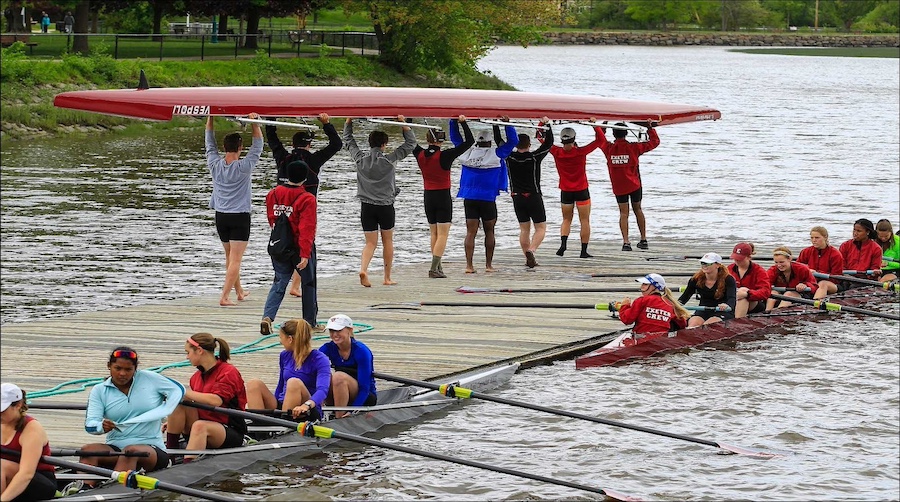
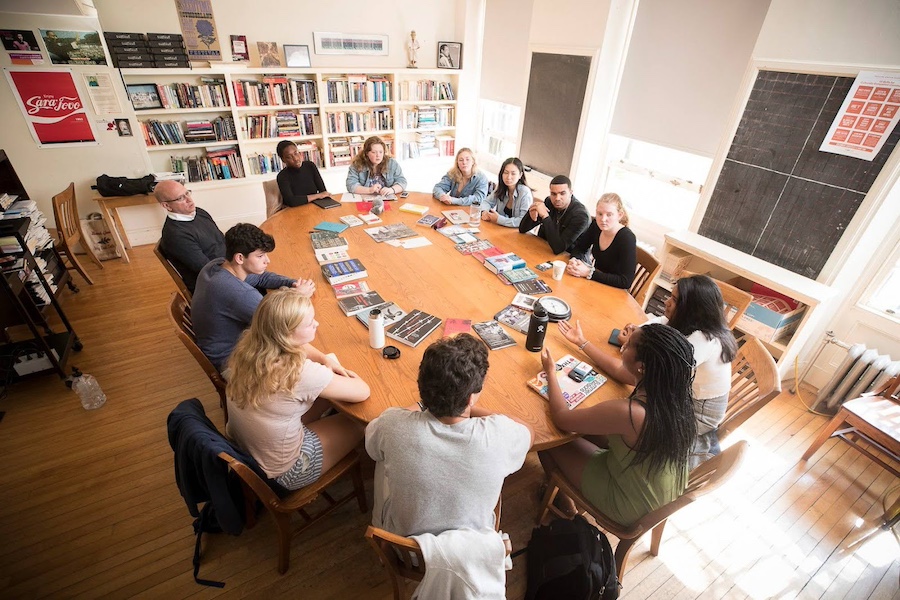
What do Mark Zuckerberg (founder of facebook/Meta), Franklin Pierce (14th President of the U.S.), and 2020 Democratic presidential candidate Andrew Yang all have in common? They all attended Exeter. Exeter is an elite boarding school with an acceptance rate of 16%, and a student population of 1,100. Notably, it’s where the popular Harkness teaching method was started, and all classes at Exeter feature 12 students seated around a table, led in stimulating, interactive discussions by a teacher who is also seated at the table. The idea is that learning should be an exciting and democratic exchange of ideas, rather than a teacher lecturing to a class of note-taking zombies. 56% of students at Exeter are students of color, 14% are international students, and 80% are boarding students. The average SAT score is 1470, and the average ACT is 33. There are bi-weekly Saturday classes. And the school offers 100% need-blind admissions. Interestingly, Exeter is one of the few boarding schools without designated study hours: students must learn to manage their own study schedule. At Exeter, students spend all four years living in the same dorm with a mix of upper and lower class students which helps build relationships. The school has a reputation for being “hyper-competitive,” “academically rigorous” and “demanding” and some students report burnout. But it also features “top level athletics,” a “$15 billion dollar endowment” and “everyone is aiming for an Ivy League-level university.” Every year they send – at minimum – three different students to every single Top 30 university, and oftentimes it’s much more than that.
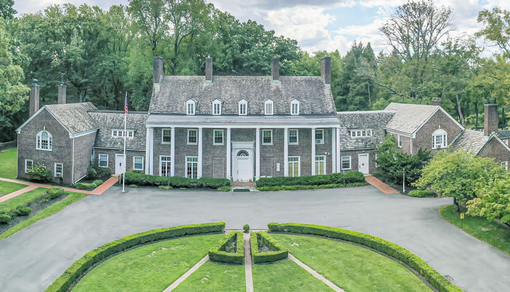
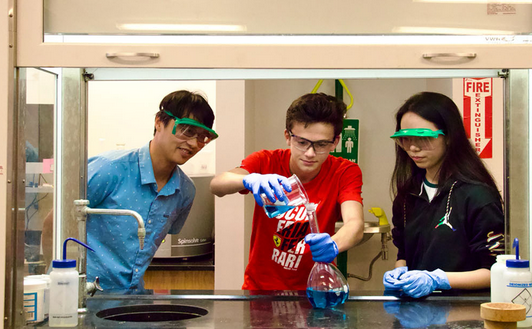
PRISM is a very small STEM-focused boarding school with a predominantly Asian population. There are only 120 students in the entire school, and the curriculum is focused on scientific research and science-based competitions. The school excels in programs for engineering, biology, chemistry and physics, and is seen as a “feeder school” for STEM universities like MIT and Caltech. 85% of the students are Asian, and many of them speak Chinese as a first language. Half of the students are international students (mostly from China), and the other half are day students from the surrounding communities. This is one of the few top boarding schools that skews heavily male (75%), and has a very small percentage of white students (8%). This is a relatively new school that was founded in 2013. The average SAT is 1500, and the average ACT is 33. Because of its small size, and perhaps its “nerdy culture,” the school has a very limited number of athletic teams.
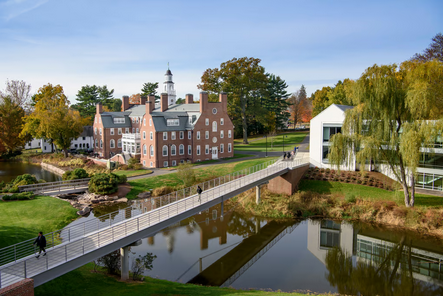
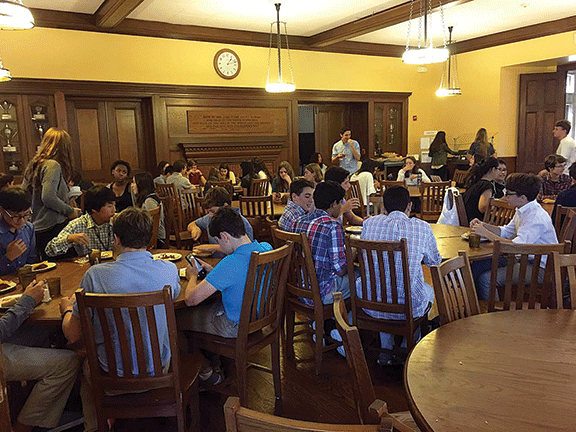
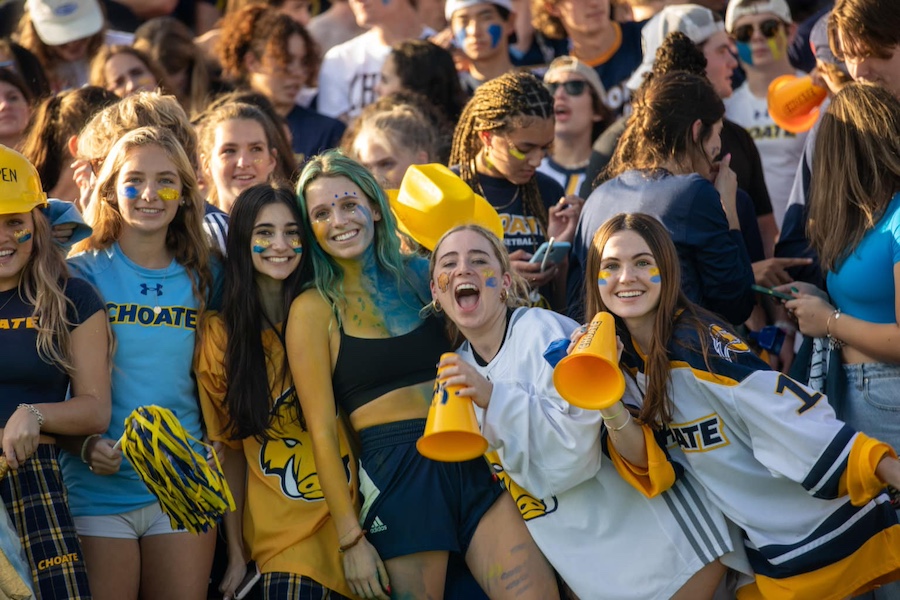
President John F. Kennedy, actors Paul Giamatti, Michael Douglas, Jamie Lee Curtis and Glenn Close, philanthropist Paul Mellon… they all attended Choate. Choate is a “rigorous” boarding school with world-class amenities including a living-learning community dedicated to environmental science and sustainable living. The school is described as “competitive,” “artsy,” “athletic,” “well-funded,” with “tons of resources” and where hard-working students are often “sleep deprived.” Choate is a mid-sized school with 850 students, and the acceptance rate is only 11%. 75% are boarding students, and a whopping 18% of students are international students. The student body is 45% white, 21% Asian, 10% Black. 45% of the students identify as a minority. The average class size is 12 students. And there are no Saturday classes. A typical matriculation profile for 230 seniors looks like this (in alphabetical order): Amherst (3), Brown (5), Columbia (8), Cornell (6), Dartmouth (3), Duke (2), Georgetown (6), Harvard (4), MIT (2), NYU (9), Princeton (3), Stanford (3), UC Berkeley (3), UCLA (1), UChicago (9), UMichigan (2), UPenn (5), USC (2), Vanderbilt (2), Williams (2), Yale (8). What those numbers mean is that roughly half of all graduating seniors will attend a Top 30 university or an elite small liberal arts college.
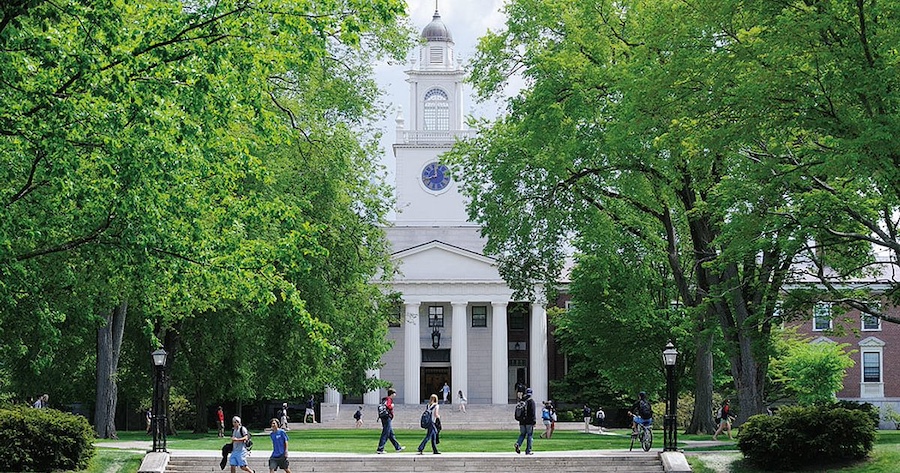
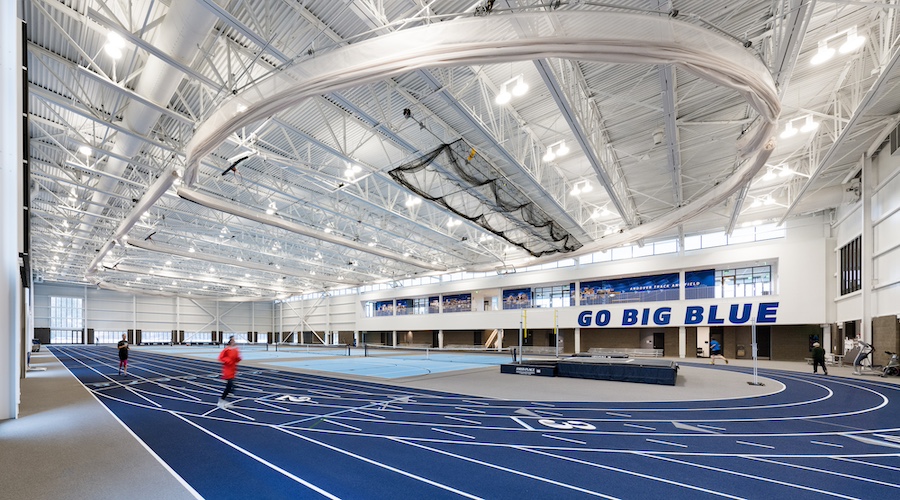
U.S. President George H.W. Bush, U.S. President George W. Bush, JFK Jr., actors Humphrey Bogart, Jack Lemmon, James Spader, and Olivia Wilde, even New England Patriots football coach Bill Belichick… they all went to Andover. Not to be confused with the similar-sounding Phillips Exeter Academy, Andover has long been a prominent feeder school for top universities including the eight Ivy League schools. The school is large with 1,200 students, and it has only a 9% acceptance rate. 75% are boarding students, 12% are international students. The ethnic breakdown is 40% white, 26% Asian, and 60% identify as minorities. Students represent 54 different countries. There are no Saturday classes. The average SAT is 1480, and the average ACT is 33.

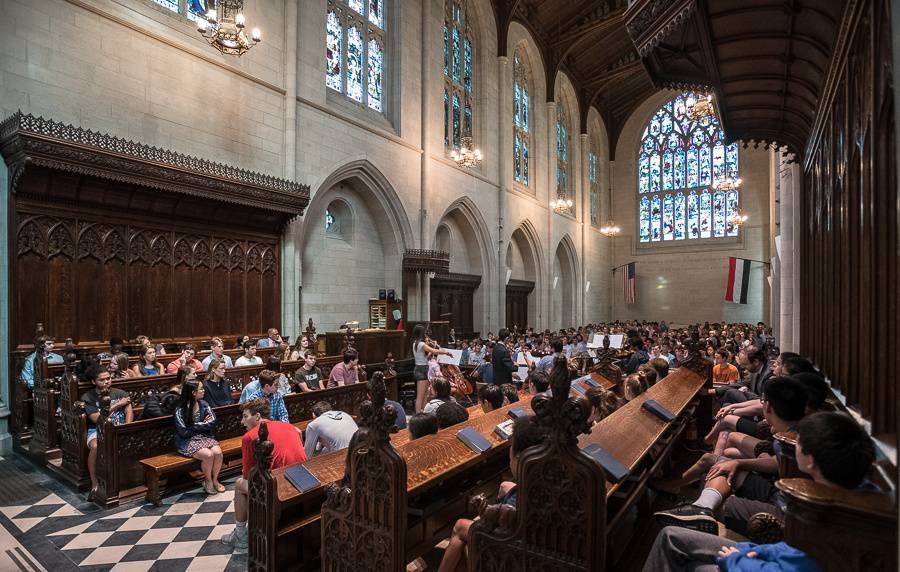
Groton is a small Christian boarding school with only 380 students, located about an hour outside of Boston. It has a 9% admissions rate, and features 85% boarding students, and 7% international students. 46% are students of color. The average SAT is 1490, the average ACT is 34. It’s described as a “very small and intimate school,” a “tight-knit community” where “you get to know everyone” and has “great food.” But it’s also “extremely rigorous” and there’s something known as “Groton Grind” which means everyone works themselves to the bone. Because of the small size (and lack of competition), it’s relatively easy for most students to play varsity sports and assume leadership roles. An average matriculation of 100 seniors looks like this: UChicago (7), Yale (3), Harvard (3), Stanford (3), UPenn (3), Princeton (2), Brown (2), Columbia (2), Tufts (2), Dartmouth (1), Northwestern (1), Cornell (1), NYU (1), Duke (1). Roughly half of the graduates will attend a Top 30 university or elite liberal arts college.
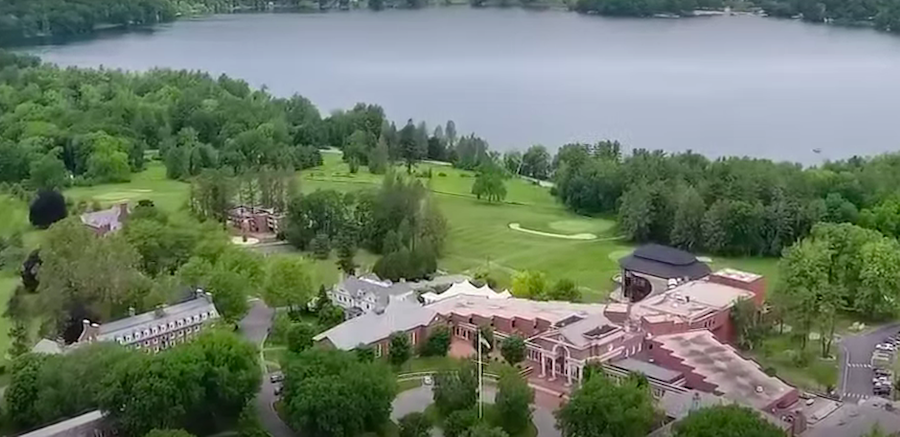
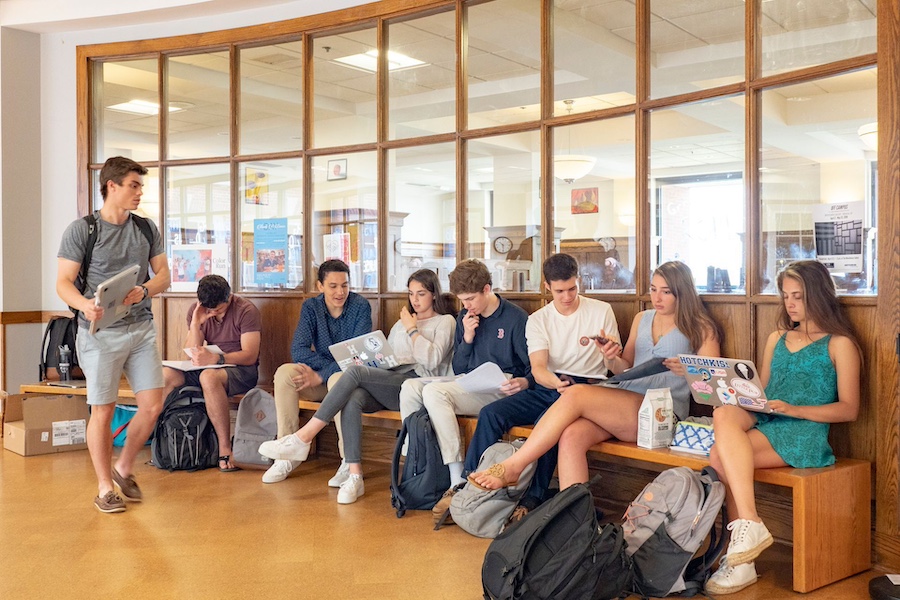
Located in the beautiful Berkshires region of northwestern Connecticut, Hotchkiss is another famous feeder for Ivy League universities. The school has an 11% acceptance rate, and is mid-sized with 600 students. 95% are boarding students, and 13% are international. Students hail from 37 states and 29 countries. 41% are students of color. There are some Saturday classes, but not every week. An average matriculation of 160 seniors looks like this: UChicago (12), Georgetown (7), Cornell (6), UPenn (6), Columbia (5), NYU (4), Harvard (3), Yale (3), Brown (3), Dartmouth (3), Princeton (2), Tufts (2), MIT (2), Stanford (2), Duke (1), Carnegie Mellon (1). As with the other top boarding schools, approximately half of the students will attend Top 30 universities or leading liberal arts colleges.
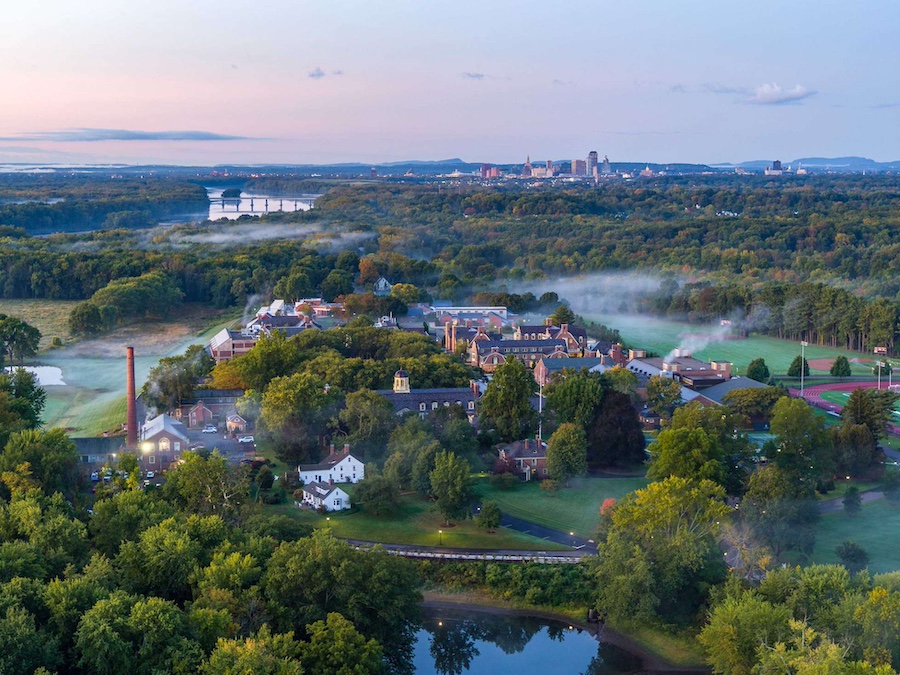
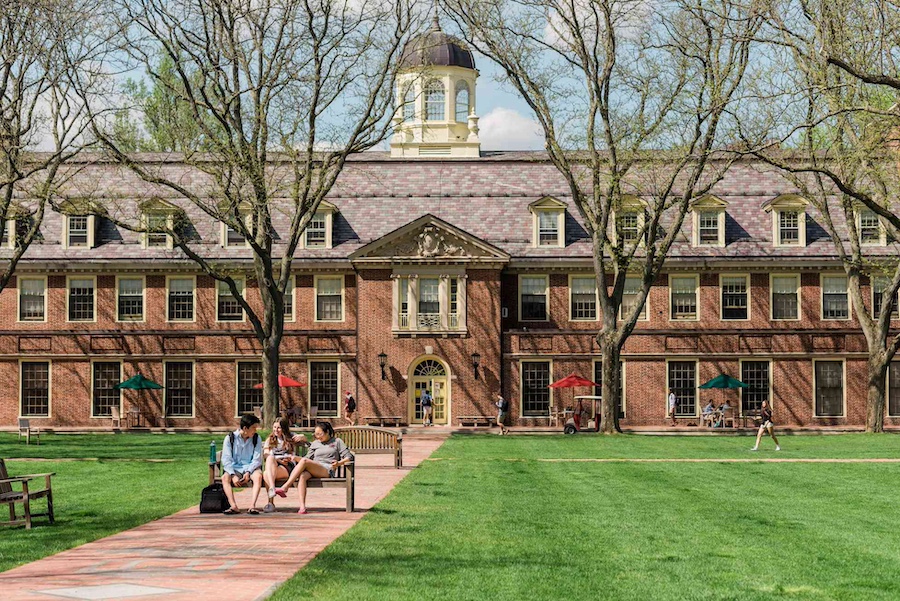
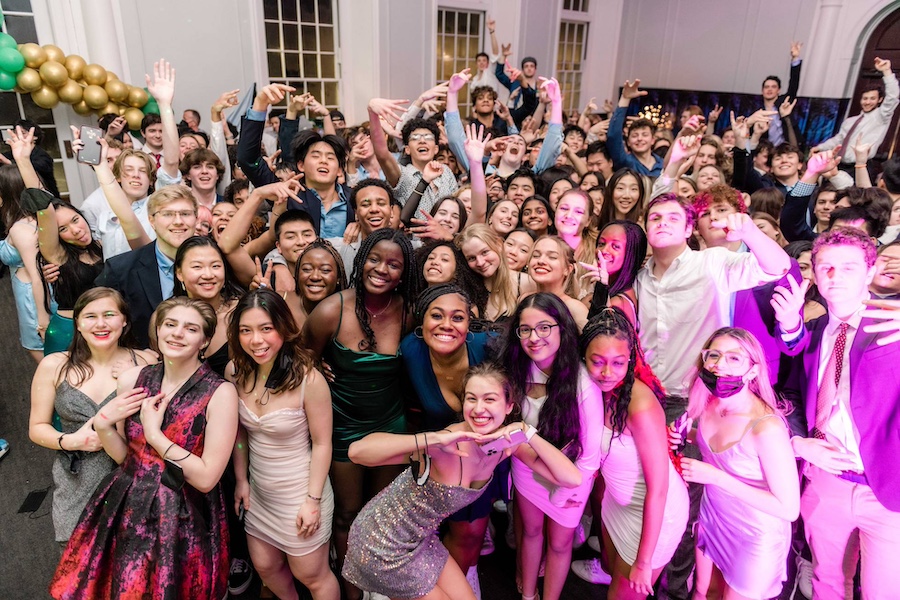
Loomis Chaffee is a mid-sized boarding school with 730 students, located just north of Hartford, CT. The school features its very own solar farm, and most students get to have their own single room, which are often in high demand at boarding schools. 70% of students are boarding students, and the remaining 30% come from the surrounding Hartford area. 14% are international students. Students come from 33 states and 50 countries. The average SAT is 1410, and the average ACT is 29.
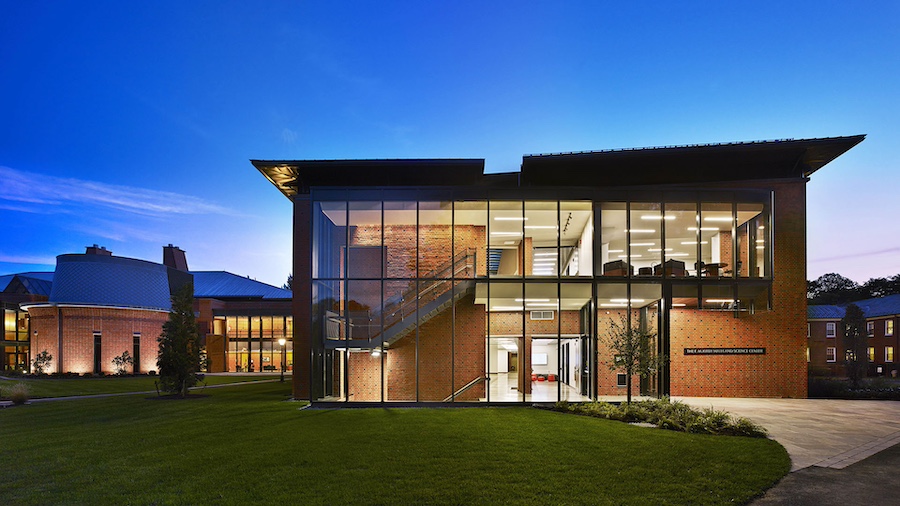
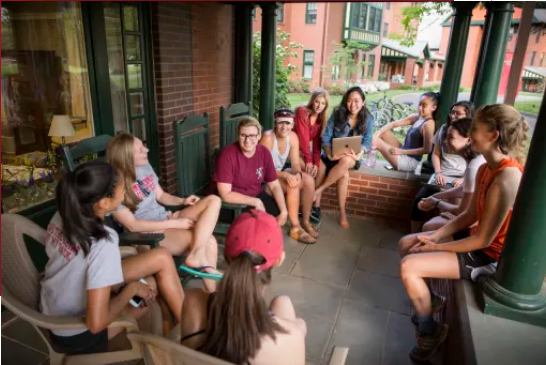
Lawrenceville is a mid-sized boarding school in New Jersey with 820 students. It has the feel of a college in the sense that the dormitories are divided into “residential houses” (like at Yale) that compete in intramural competitions and give the students a sense of belonging over their four years on campus. Lawrenceville has adopted the Harkness teaching method from Exeter, where 12 students sit around a table with their teacher and explore learning topics together through interactive discussions rather than lectures. 70% are boarding students, and 16% are international students. The average SAT is 1460, and the average ACT is 33. A typical matriculation looks like this: Amherst (1), Brown (4), Columbia (5), Cornell (6), Dartmouth (3), Duke (4), Georgetown (8), Harvard (5), Johns Hopkins (2), MIT (2), NYU (9), Northwestern (3), Princeton (8), Stanford (2), UChicago (4), UMich (2), UPenn (8) USC (4), Yale (5). The extremely high rate of students who get into Princeton (8 per year!) likely has to do with other factors, such as those students being children of Princeton faculty. (Princeton University is only 5 miles away.)
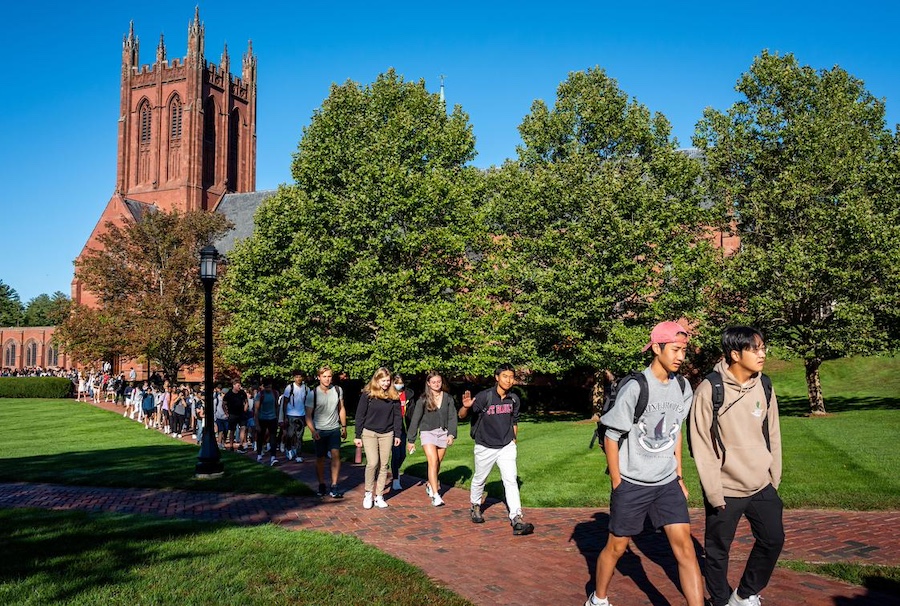
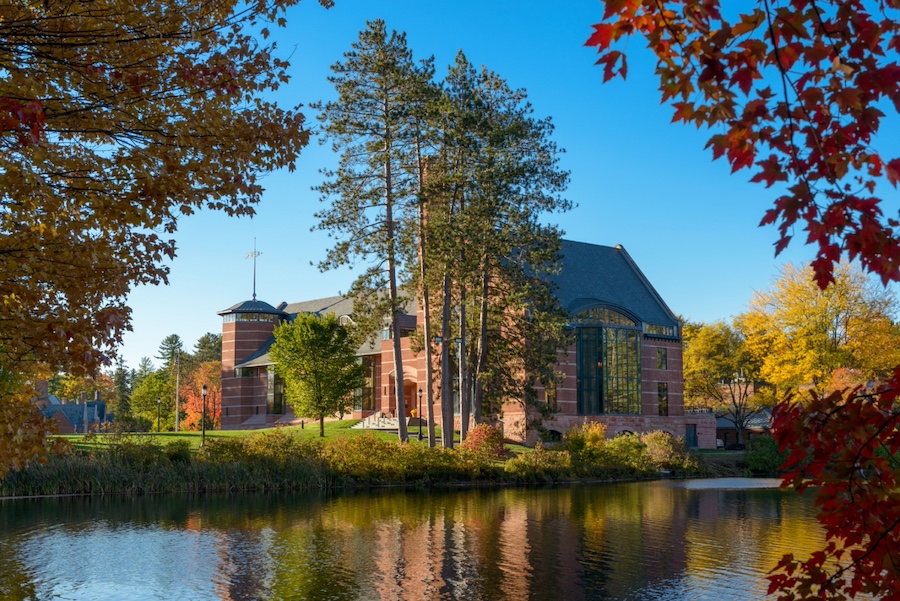
St. Paul’s is a mid-sized Christian school with 540 students. Some of its famous alumni include Senator John Kerry, actor Judd Nelson (“The Breakfast Club”), and philanthropist Edward Harkness (creator of the Harkness teaching method). The school has mandatory “morning chapel,” and also weekly Saturday classes. St. Paul’s has a 16% acceptance rate. And it’s rare in that 100% of its students are boarding students. 45% are students of color, and they come from 37 states and 28 countries. An average matriculation looks like this: Amherst (1), Brown (7), CMU (1), Columbia (4), Cornell (3), Dartmouth (2), Georgetown (7), Harvard (3), Johns Hopkins (1), MIT (2), NYU (4), Northwestern (1), Princeton (2), Tufts (4), UChicago (2), UPenn (2), Vanderbilt (1), Wellesley (3), Williams (1), Yale (5). Like the other top boarding schools, roughly half the senior class matriculates at an elite university or college.
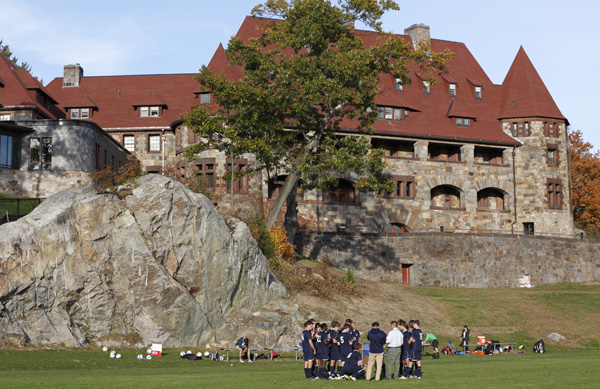
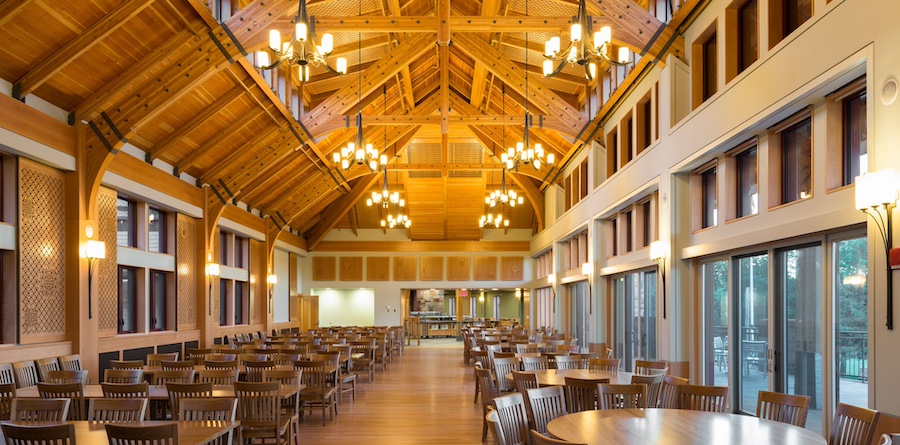
Nobles is a mid-sized school with 630 students located just outside of Boston, but it only houses boarding students Monday through Friday – which means that all students have to return to their nearby homes for the weekend. In fact, only 8% of the student body (about 50 students total) are boarding students at all – the rest commute daily. The school has a 16% acceptance rate, and 44% are minorities. All students come from either Massachusetts, New Hampshire or Connecticut. There are no Saturday classes. The average SAT is 1440, and average ACT is 32. Average matriculation for 130 seniors: Amherst (1), Brown (3), Cornell (2), Dartmouth (5), Duke (3), Georgetown (5), Harvard (10), Middlebury (5), Princeton (3), Stanford (1), Tufts (5), UChicago (3), UPenn (1), Vanderbilt (1), Williams (4), Yale (4). A disproportionate number of graduates go to Harvard (about 10 students each year!), which likely indicates that many of them are the children of Harvard faculty.
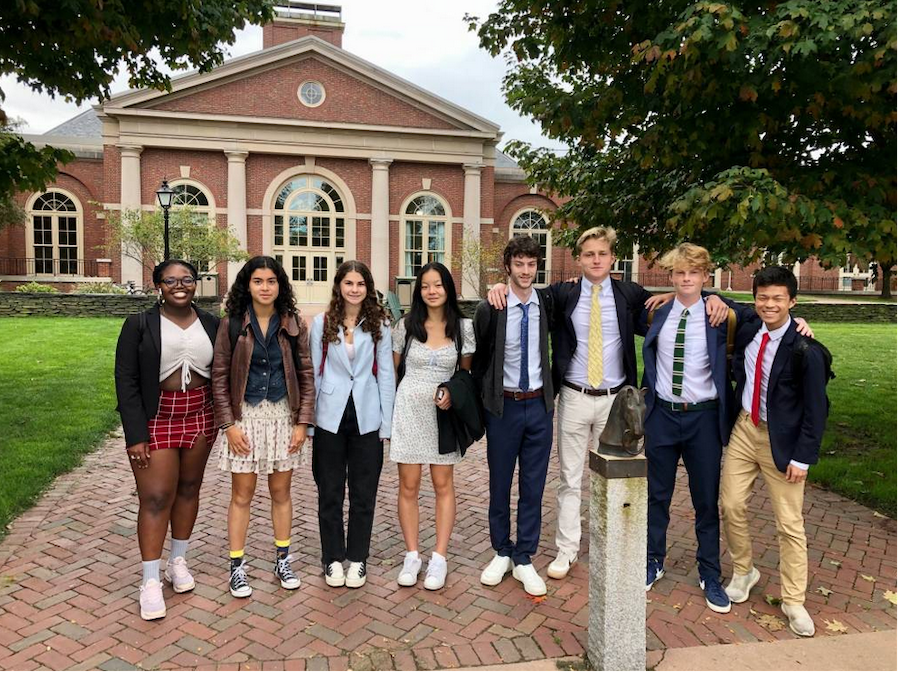
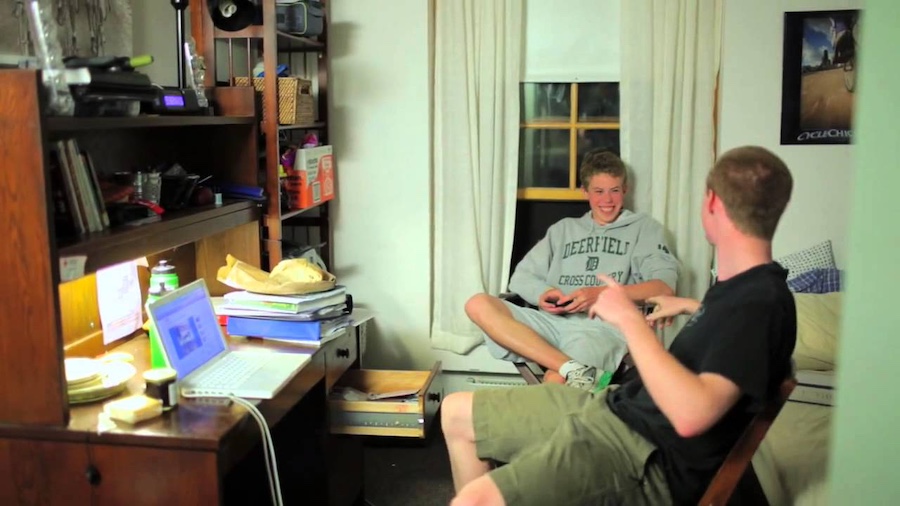
Notable alumni of Deerfield include Abdullah II (the King of Jordan), actor Matthew Fox (Lost), and David Koch (political activist). The once famously all-male school is now fully co-ed. It’s a mid-sized school with 650 students, and a 13% acceptance rate. 90% are boarding students, 11% are international, and 44% identify as minorities. Students come from 42 countries and 32 states. Deerfield is one of the few remaining boarding schools with a strict, traditional dress code: boys must wear a jacket and tie during the class day, and girls must wear a blazer. They also have a “family style” dinner seating chart which changes every month so you get to know a new group of students every few weeks. There are no Saturday classes. The average SAT is 1382, the average ACT is 31. Typical matriculation for 150 seniors looks similar to the other top boarding schools: Brown (6), Georgetown (6), Columbia (4), Cornell (4), Harvard (4), UPenn (4), Yale (4), Amherst (2), UChicago (2), Dartmouth (2), Duke (2), Princeton (2), USC (2).
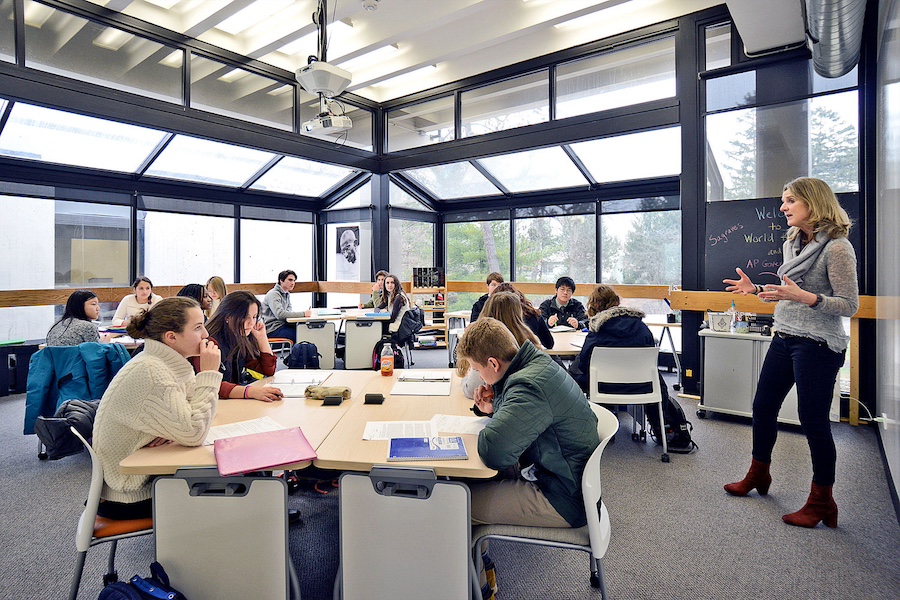
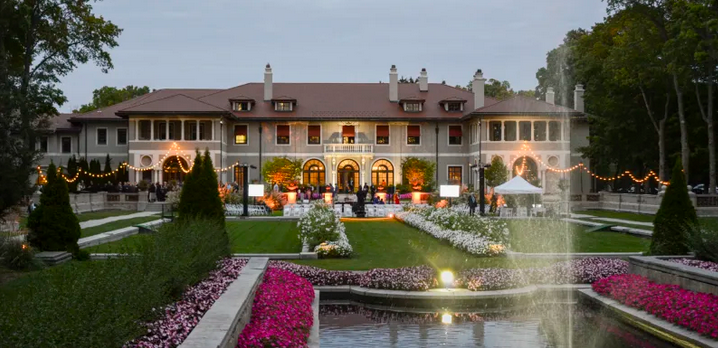
Lake Forest is one of the rare elite boarding schools that’s not located in the Northeast; instead it’s located about an hour north of Chicago. It’s a small school with only 450 students, and only 50% of them are boarding students. The school has a 31% acceptance rate, 27% are international students, and students come from 13 states and 41 countries. The school has a strict dress code during academic hours. The average class size is 12 students. The average SAT is 1400, the average ACT is 31. The Class of 2023 matriculation looked like this: Amherst (1), Brown (0), Carnegie Mellon (1), Cornell (1), Dartmouth (1), Duke (2), Harvard (4), Johns Hopkins (1), NYU (9), Northwestern (4), Rice (1), Stanford (1), Tufts (2), UChicago (1), Swarthmore (1), UMichigan (4), UPenn (0), Yale (1), USC (3), Vanderbilt (1), Emory (3).

Ivy Scholars is the leading educational consultant in Sugar Land, Texas, providing admissions coaching, test prep, and more to help students enroll at top tier schools.

Call us now: +1 (281) 215-5148
.